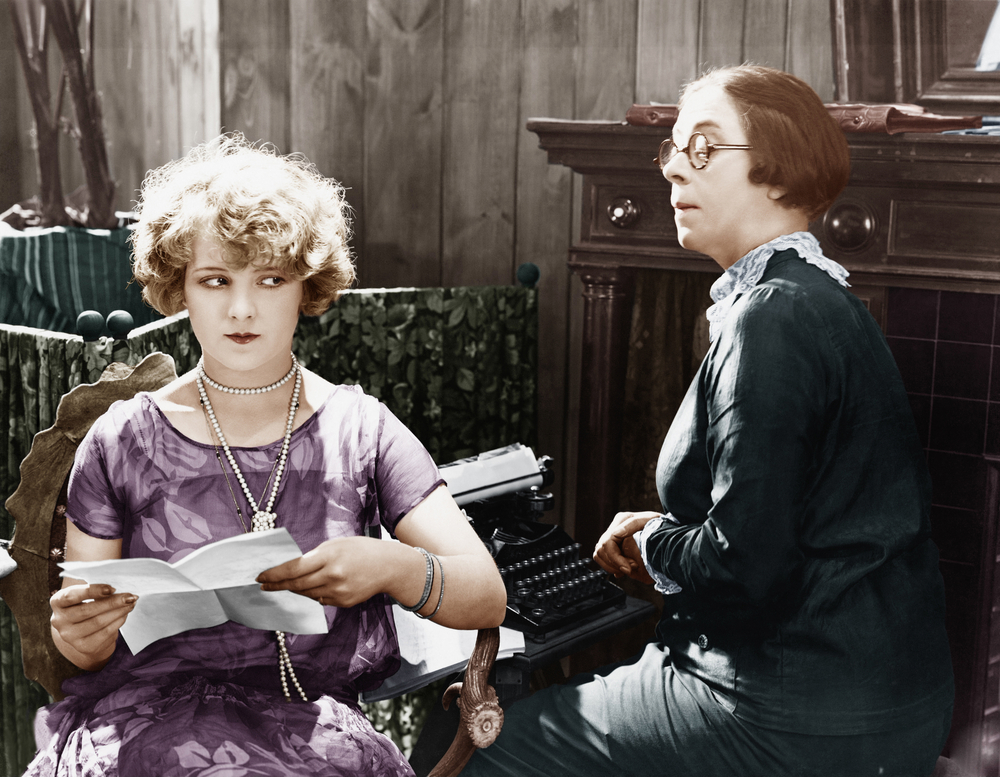Over the eons of book publishing, agent querying became the obvious next step once an author finished a manuscript. Today, it’s not so simple.
Sometimes, agent querying is the very best next step to publication–sometimes, though, querying isn’t the route that will lead to the most success in publication. Before spending hours and hours writing and sending out hundreds of queries, take a few minutes to ask yourself the following five questions:
1) Does my book fit into a genre publishers are looking for?
Does your book have an obvious publisher-ready genre? Of course it should should be fresh and original, but does it have some logical ties to a specific genre, and therefore a specific audience? Publishers need good reasons to accept your book, and if it fits into an established genre and also has a fresh spin, it’s got a better shot. Before you query agents, take the time to think very specifically about your book’s genre, and get a second opinion from an editor or a few thoughtful reader friends about the genre. Once the genre is established, really take the time to explore which agents typically take on manuscripts like yours, and which publishers would probably be best. If your book is a YA mermaid fantasy, you probably don’t want to be querying agents who only deal in nonfiction. Likewise, there are lots of publishers out there who only publish certain genres (children’s, educational, spiritual, etc.). Many agents will list the publishers to whom they often send manuscripts. Does your manuscript fit well with those?
2) Does my book have demonstrable money-making power?
Everyone’s out to get money. It’s that simple. Publishers want to get money, agents want to get money, you want to get money. Before you query, think about the money-making power of your book. Figure out how you would go about helping it get sold to your eager readers. Do you know the audience? Have you taken the time to understand them and how they make book purchases? The more you know the answers to these questions when you are querying, the better you will be able to demonstrate the selling power of your book, and the more likely it is that an agent will want to take you on.
3) Have I had my book professionally edited?
When an agent has submitted your manuscript to a publisher, it is assumed that it will need very little developmental work. This means it will need a good, solid copyedit and a proofread. The less editorial guidance and production work needed to fund for your book, the easier it is for publishers to justify. Your manuscript is done? Congratulations. Now go get an editor’s opinion. If the editor says it needs developmental and substantive editing, work with the editor to get it strengthened. If it needs a tightening copyedit, get that work done as well. Just because a publisher might fund your production steps doesn’t meant that they won’t have specific expectations before it comes to them.
4) Is my book timely?
Did you write the best-ever fictional representation of the coming 2012 election? Congratulations–that’s fantastic! It’s a hot topic, and you’re going to get to ride on its coattails! Unfortunately, there isn’t a single agent or traditional publisher out there right now willing to take on a book like yours. The reason? They won’t be able to fit it into the production schedule! When an agent sells your book, most of the time it’s 1.5 – 2 years before you’ll see it in print. They need time to edit, design, market with ARCs (advanced reader copies), print overseas, prepare the channels, etc. Meanwhile, you might already have just the connections and wherewithal to know how to market a book without them. The answer? Go the indie-publishing route. Indie presses can have your books out in as few as three months rather than two years.
5) Am I likely to make more money with an agent?
Do you know where your audience is? Do you know how to connect with them? Do you already have a notorious name among your audience (a.k.a. are you an expert in your genre)? Do you already have many places where you know you can sell hundreds of copies of your book directly to your readers (a speaking engagement, for example)? Does your book have a definite shelf life that must be tapped in to immediately? If your answer was yes to any of these questions, you might do better financially if you choose to be an indie author instead of publishing traditionally. Your marketing steps will probably be exactly the same whether you publish by yourself or traditionally, but being an indie author means a much larger piece of the pie.
Readers: Do you pay attention to where something was published?
Writers: Did you decide to query agents? What was your response like? Do you recommend going that route?

